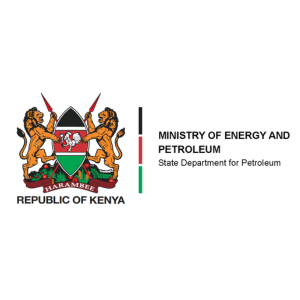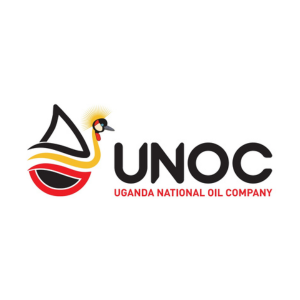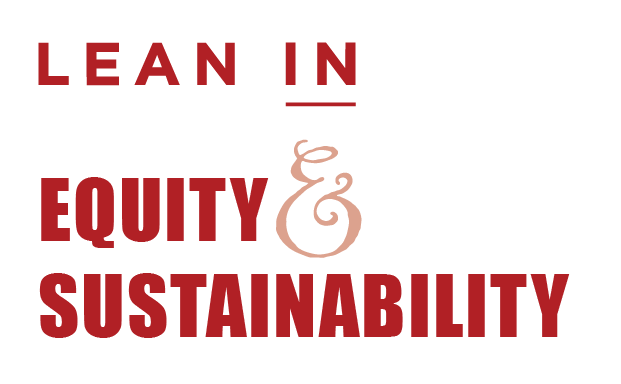Sep 23 | 2022
The forthcoming Africa Oil Week in Cape Town presents an opportunity for investors and deal-makers to determine the pace of Africa’s own just transition.
In 2020, Occidental Petroleum delivered two million barrels of carbon-neutral oil to a client in India. The shipment marked a new stage in the evolving market transition to sustainable energy – providing hydrocarbon energy without negative carbon impacts.
Essentially, carbon-neutral oil involves oil that is bundled with verified carbon offsets. It was the energy industry’s first major petroleum shipment for which the greenhouse gas (GHG) emissions of the entire crude lifecycle had been offset.
The advent of “net-zero oil” illustrates the innovation taking place in the oil and gas industry. While offsets are certainty not the cure-all for reducing emissions, boundaries are blurring in the energy sector, and the impacts are becoming harder to classify in old-school, good-vs-bad terms.
Another development has seen traditional oil companies expanding into renewables and other sources of energy – as well as mitigating the environmental impact of their hydrocarbons interests.
Notably, Shell is investing $2-3 billion in wind and solar power generation, as well as hydrogen, biofuels, and EV charging. BP has invested $1 billion in offshore wind production. Total – famously rebranded in 2021 as TotalEnergies – has set a target of producing 25GW of renewable energy by 2025.
These strategies are all part of the long-heralded “just transition” that society must undertake to move away from its reliance on fossil fuels to a less environmentally damaging energy, while minimising its social impacts.
Energy companies are looking for sustainable new business models – not just sustainable new energy.
Complicating this, is society’s fast-growing energy needs. In rapidly developing Africa, energy demand is predicted to grow 28% by 2040, compared to just 10% in the rest of the world.
In Africa, growth is not an optional, “nice to have”. Economic growth means lifting millions out of poverty, and giving them access to better lives and opportunities. Jobs, livelihoods and living-standards improvements are all tied to growth – which is fuelled by energy.
It’s therefore especially vital for Africa that the energy transition indeed be a “just” one, which preserves existing jobs, or enables reskilling for the renewables economy and leads to a dynamic, sustainable economic expansion in the long term.
Labour experts have highlighted the linkages between climate change and employment as well as the labour impacts of trying to mitigate climate change.
Writing in the International Journal of Labour Research, Dan Cunniah notes that “until very recently, climate change negotiations showed only limited concern about the fate of workers, and far greater efforts were directed at measuring the environmental rather than the social impacts of climate change.”
Writers have highlighted the need to involve community groups, as well as labour unions, in ensuring that opportunities in emerging renewables industries benefit workers and their communities.
Citing the North Sea oil industry, experts have identified the need to move effectively from an existing fossil fuel-based industry into renewables. “In this respect, trade unions can actually play a key role in maintaining jobs by organising strategic campaigns, entering into coalitions with green businesses, sitting on committees with politicians and forming community alliances,” write Esteban, Leary, Zhang, Utama and Ishihara.
This underscores the fact that the energy transition is a social issue, as much as an environmental one. A recent McKinsey study emphasises this reality, suggesting that more than one million jobs in Africa could be vulnerable as global economies transition away from oil and gas.
Ideally these lost jobs will be replaced by new-generation jobs in the renewables economy. However, this will not happen automatically.
The just transition must be a conscious process, balancing growing energy needs with social pressures from the workforce – which is expanding equally rapidly in the developing world.
Fiscal pressures are also enormous. Most African oil and gas producers get
more than 50% of their export revenues from their oil and gas sales.
In Africa, it is therefore a matter of survival that the continent’s energy opinion leaders find ways to balance these social pressures with emerging renewables opportunities. In the longer term, these can be done though re-skilling initiatives and renewables-industry training programmes.
The forthcoming Africa Oil Week in Cape Town presents an opportunity for investors and deal-makers to determine the pace of Africa’s own just transition. Pursuing renewables, while disregarding legitimate worker concerns over vanishing hydrocarbons jobs, risks stoking a social problem while trying to solve a climate one.
The goal should be to evolve the energy sector in a way that is truly sustainable – in both an environmental and a social sense.
Want to get involved in the conversation? Join us at Africa Oil Week, secure your place now.
Essentially, carbon-neutral oil involves oil that is bundled with verified carbon offsets. It was the energy industry’s first major petroleum shipment for which the greenhouse gas (GHG) emissions of the entire crude lifecycle had been offset.
The advent of “net-zero oil” illustrates the innovation taking place in the oil and gas industry. While offsets are certainty not the cure-all for reducing emissions, boundaries are blurring in the energy sector, and the impacts are becoming harder to classify in old-school, good-vs-bad terms.
Another development has seen traditional oil companies expanding into renewables and other sources of energy – as well as mitigating the environmental impact of their hydrocarbons interests.
Notably, Shell is investing $2-3 billion in wind and solar power generation, as well as hydrogen, biofuels, and EV charging. BP has invested $1 billion in offshore wind production. Total – famously rebranded in 2021 as TotalEnergies – has set a target of producing 25GW of renewable energy by 2025.
These strategies are all part of the long-heralded “just transition” that society must undertake to move away from its reliance on fossil fuels to a less environmentally damaging energy, while minimising its social impacts.
Energy companies are looking for sustainable new business models – not just sustainable new energy.
Complicating this, is society’s fast-growing energy needs. In rapidly developing Africa, energy demand is predicted to grow 28% by 2040, compared to just 10% in the rest of the world.
In Africa, growth is not an optional, “nice to have”. Economic growth means lifting millions out of poverty, and giving them access to better lives and opportunities. Jobs, livelihoods and living-standards improvements are all tied to growth – which is fuelled by energy.
It’s therefore especially vital for Africa that the energy transition indeed be a “just” one, which preserves existing jobs, or enables reskilling for the renewables economy and leads to a dynamic, sustainable economic expansion in the long term.
Labour experts have highlighted the linkages between climate change and employment as well as the labour impacts of trying to mitigate climate change.
Writing in the International Journal of Labour Research, Dan Cunniah notes that “until very recently, climate change negotiations showed only limited concern about the fate of workers, and far greater efforts were directed at measuring the environmental rather than the social impacts of climate change.”
Writers have highlighted the need to involve community groups, as well as labour unions, in ensuring that opportunities in emerging renewables industries benefit workers and their communities.
Citing the North Sea oil industry, experts have identified the need to move effectively from an existing fossil fuel-based industry into renewables. “In this respect, trade unions can actually play a key role in maintaining jobs by organising strategic campaigns, entering into coalitions with green businesses, sitting on committees with politicians and forming community alliances,” write Esteban, Leary, Zhang, Utama and Ishihara.
This underscores the fact that the energy transition is a social issue, as much as an environmental one. A recent McKinsey study emphasises this reality, suggesting that more than one million jobs in Africa could be vulnerable as global economies transition away from oil and gas.
Ideally these lost jobs will be replaced by new-generation jobs in the renewables economy. However, this will not happen automatically.
The just transition must be a conscious process, balancing growing energy needs with social pressures from the workforce – which is expanding equally rapidly in the developing world.
Fiscal pressures are also enormous. Most African oil and gas producers get
more than 50% of their export revenues from their oil and gas sales.
In Africa, it is therefore a matter of survival that the continent’s energy opinion leaders find ways to balance these social pressures with emerging renewables opportunities. In the longer term, these can be done though re-skilling initiatives and renewables-industry training programmes.
The forthcoming Africa Oil Week in Cape Town presents an opportunity for investors and deal-makers to determine the pace of Africa’s own just transition. Pursuing renewables, while disregarding legitimate worker concerns over vanishing hydrocarbons jobs, risks stoking a social problem while trying to solve a climate one.
The goal should be to evolve the energy sector in a way that is truly sustainable – in both an environmental and a social sense.
Want to get involved in the conversation? Join us at Africa Oil Week, secure your place now.




























































